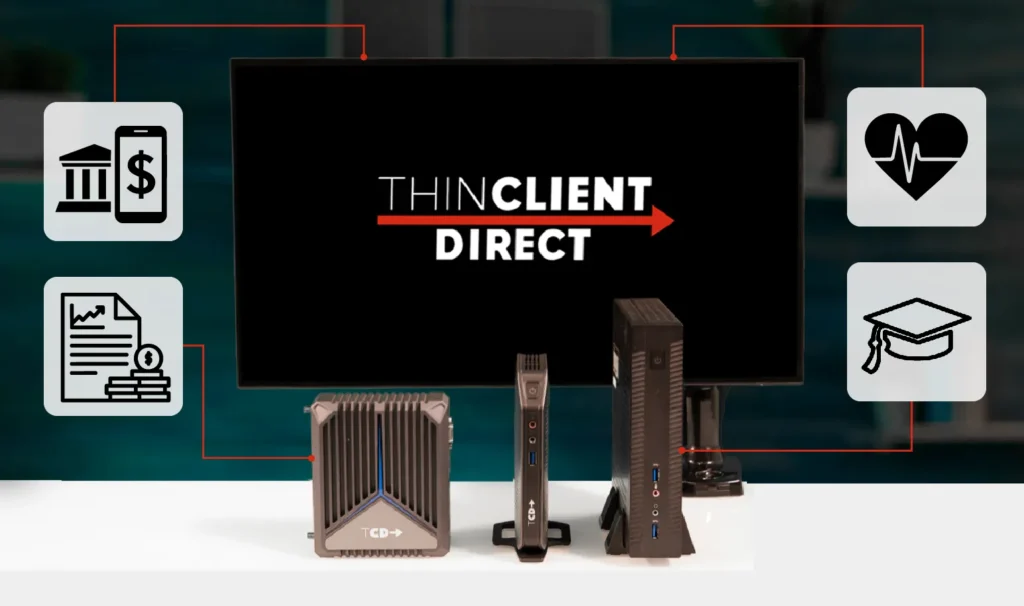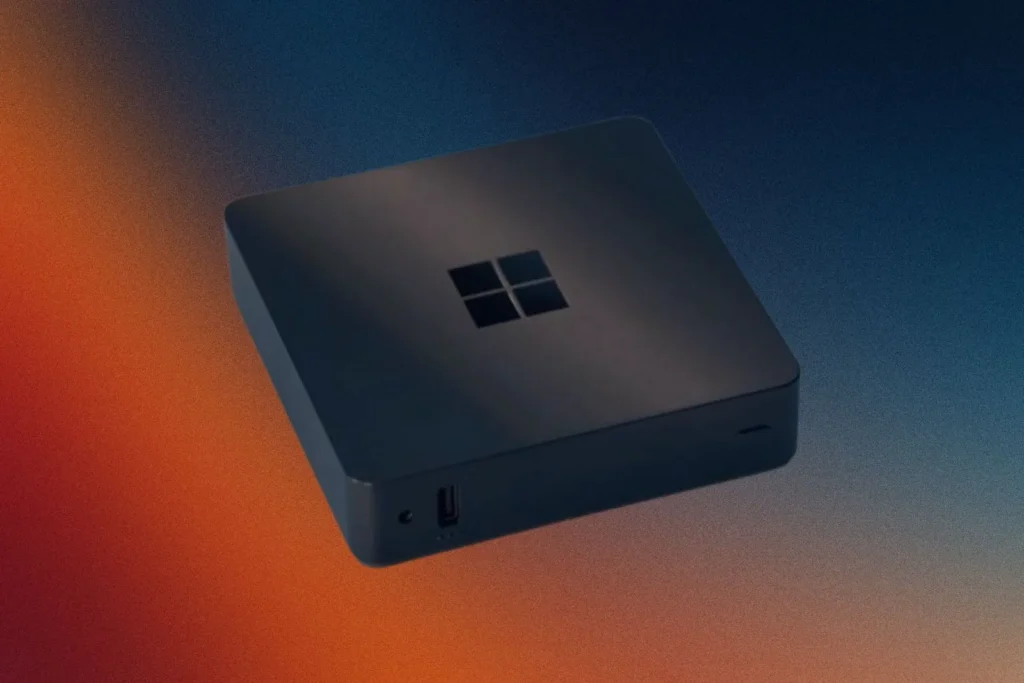When it comes to computing, Mini PCs are a great option for businesses and individuals looking to save space and money while maximizing efficiency. Mini PCs, also known as mini computers, offer powerful computing capabilities in a much smaller form factor than traditional desktops. Not only can they be mounted easily, but they also consume less energy and emit less heat, which can help save on electricity costs. Furthermore, they can be used as cloud access points, allowing you to connect to the cloud with ease. In short, Mini PCs can provide a powerful and cost-effective way to maximize computing efficiency.
Let’s go through advantages of Mini PCs:
Small Form Factor
Mini PCs are a game-changer when it comes to their small form factor. These compact computers are perfect for businesses and individuals who are short on space or prefer a clutter-free environment. The small size of Mini PCs allows for easy mounting options, such as VESA mounts, so you can discreetly place them on walls or the back of monitors, freeing up valuable desk space. This is particularly beneficial for IT managers who need to optimize workspace for their remote teams.
Not only do Mini PCs save space, but they also offer other advantages. Their small size makes them more portable, making them ideal for on-the-go professionals. They are lightweight and easy to carry, allowing you to take your work with you wherever you go.
Energy Efficient
One of the key advantages of Mini PCs is their energy efficiency. These small PCs are designed to consume less power compared to traditional desktops, making them an eco-friendly choice for businesses and individuals alike. By using a Mini PC, you can significantly reduce your electricity bills while also contributing to a greener environment.
But what exactly makes Mini PCs energy efficient? One important factor is their compact size. Due to their small form factor, Mini PCs require fewer components and use less power overall. This means that they consume less electricity while still delivering impressive computing performance.
Fanless Design for Less Heat Emission and Noise
When it comes to heat emission, the fanless design of Mini PCs is a game-changer. These small PCs are built without cooling fans, which means they produce less heat compared to traditional desktops. This not only makes them operate silently, creating a quieter work environment, but it also contributes to their energy efficiency. Overall, the fanless design of Mini PCs ensures efficient heat dissipation and allows for a more cost-effective and sustainable computing solution which gets us to our next point.
Cost Savings
When it comes to cost savings, Mini PCs are a clear winner. Not only are they budget-friendly in terms of upfront costs, but they also offer long-term savings. Mini PCs consume less energy compared to traditional desktops, resulting in lower electricity bills. This is especially significant for businesses with a large number of PCs, as the savings can add up quickly.
But the cost savings don’t stop there. Mini PCs often have a fanless design, meaning they require less maintenance and have a longer lifespan. With fewer moving parts, there are fewer opportunities for things to go wrong, reducing the need for costly repairs or replacements.
Additionally, Mini PCs can be repurposed to play the role of kiosks or thin client endpoints which can double or triple their life span.
Can be used as Cloud Access endpoints
In today’s digital world, the ability to access your files and applications from anywhere is crucial. That’s where Mini PCs come in. These small but powerful machines can serve as cloud access endpoints, allowing you to easily connect to the cloud and access your data remotely. With Mini PCs, you can work seamlessly from home, the office, or even on the go.
Say goodbye to the limitations of traditional desktops and embrace the freedom of accessing your files and applications from anywhere with a Mini PC.



